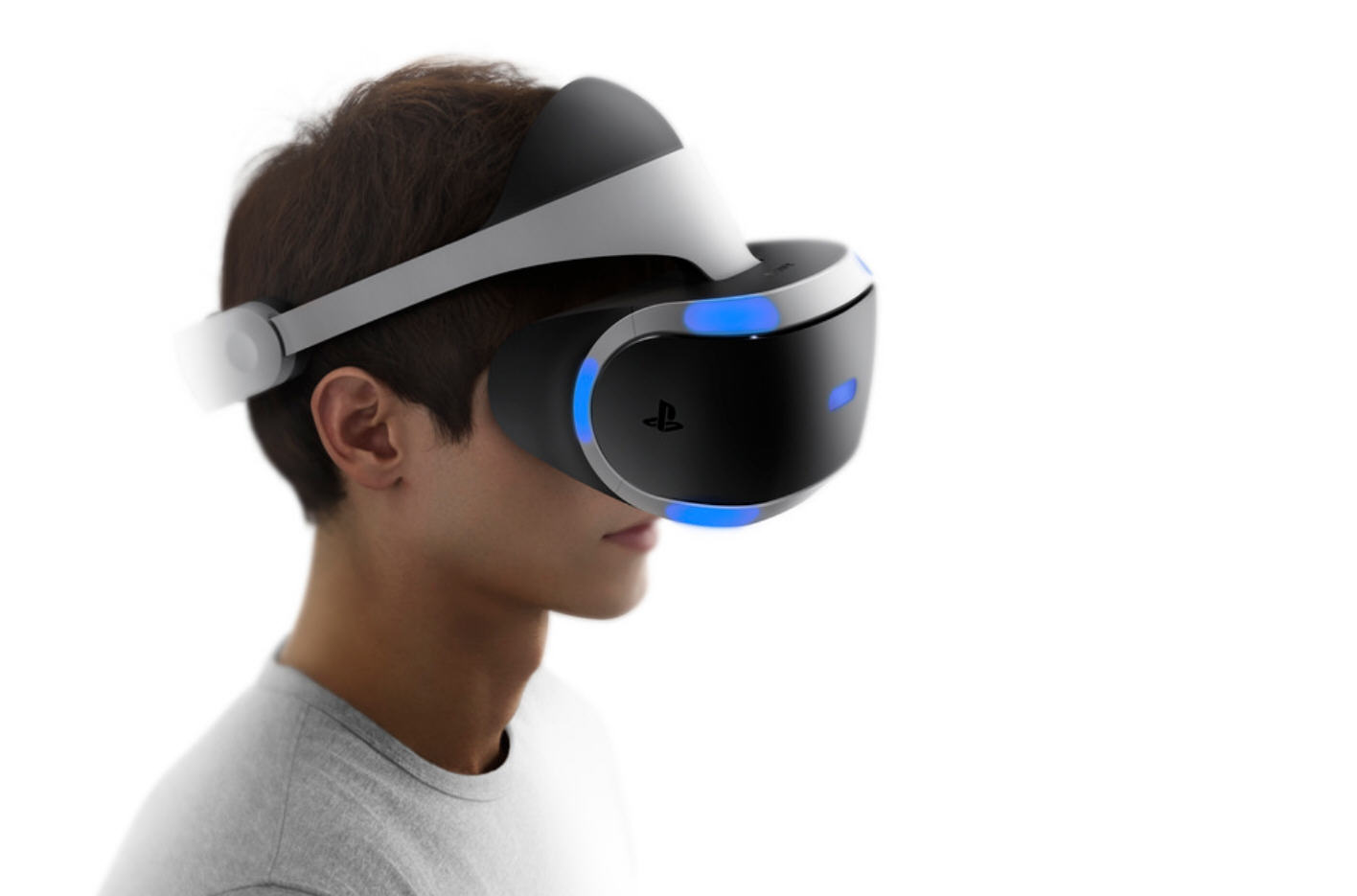E3 2015: Project Morpheus shapes up as de facto console VR

In a convention where virtual reality has crept into every corner of the show floor, Sony's Project Morpheus makes the distinction of being the only way to experience virtual reality on a traditional gaming console.
The big title being shown at Sony's booth this year is a demo by the name of Rigs, which puts players in control of a giant mechanized robot and the rest should be self explanatory -- players can live out their fantasies of soaring into the air, moving at breakneck speeds, and shooting missiles throughout a vastly expansive environment.
On the opposite side of the convention center, at Maximum Games's booth, is a game called Loading Human. Originally pitched on Kickstarter, it is an expansive adventure game that really allows players to get immersed in a beautiful, fictitious open world and explore while completing missions and solving puzzles.
Both feel definitively like "console game" experiences. There is incredibly high production value. It's not cheap to fund the tremendous resources needed to develop for Morpheus, along with the traditional bureaucracy of getting approved and licensed by Sony. It's a far less open platform than Oculus.
Morpheus is unique from the other virtual reality platforms as well in that it pretty much requires players to have PlayStation Move controllers. Oculus recently unveiled its own controllers as well, though few projects are using them at this point and it's unclear whether or not third-party variations will somehow muddle the market of controller-optimized Oculus Rift games.
The industry is quickly approaching a point of VR saturation. It's becoming easier and easier to look at any video of any virtual reality title -- whether it's being played on an Oculus PC headset, smartphone-enabled headset, or the PS4's Morpheus -- and not be able to tell which is which.
That's why virtual reality, more than any other video game paradigm before, is really all about the experience. Morpheus is inevitably poised to become the VR standard for the traditional console gamer because there is no competition. The upcoming Oculus Rift will have no trouble impressing those who love PC gaming and have a computer strong enough to handle its amazing technology.
The only problem with that is the fact that PC gaming is not a big enough market for something as cataclysmic as virtual reality to really become mainstream. The Morpheus, when combined with other ambitions from Samsung and other mobile companies as well, will help fill in all the gaps to make sure VR is available to anyone who wants to try it. And anyone who gets a taste of what Morpheus has to offer, will want to try it.
